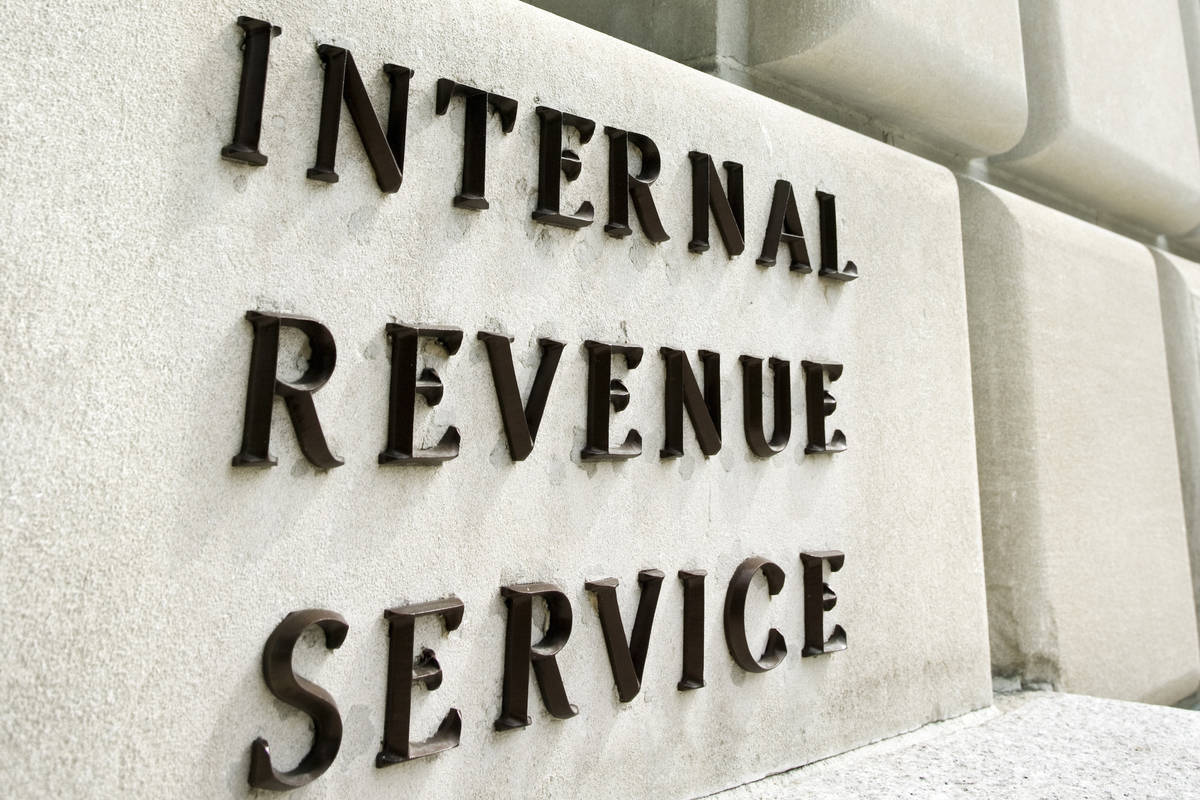
The IRS is reminding taxpayers who have yet to file that IRS.gov has tools and services to help them meet their tax obligations. The deadline is Wednesday, July 15.
The IRS.gov site offers help 24 hours a day. Whether filing a return, requesting an extension or making a payment, the IRS website can help last-minute filers on just about everything related to taxes. Taxpayers also can use the Interactive Tax Assistant tool to answer many questions they encounter on the website.
A range of expert help is available through a qualified tax professional, including certified public accountants, enrolled agents and attorneys, and people who need such help can visit a special page on IRS.gov
Taxpayers with incomes of $69,000 or less can use IRS Free File to find free tax preparation software. Taxpayers with incomes above $66,000 who are at ease doing their own taxes can use free file fillable forms for free on the site.
Members of the military and qualified veterans can use MilTax, a free online tax service provided by the Department of Defense and Military OneSource.
The fastest way to receive a refund is to file electronically and use direct deposit. The IRS notes that nine out of 10 tax refunds are issued within 21 days, and the Where’s My Refund? tool can help taxpayers track their refunds.
The tool is available on IRS.gov and the IRS2Go mobile app. Where’s My Refund is updated daily, usually overnight, and taxpayers may divide their refund into up to three accounts.
The IRS reminds taxpayers that limited staffing is causing delays in processing paper tax returns.
Taxpayers who file a paper return can expect a delay beyond the normal four-to-six-week timeline for getting a refund, and paper returns will be processed in the order in which they are received.
Taxpayers who need more time to file may file Form 4868 through their tax professional, tax software or the Free File link on IRS.gov. An extension of time is not an extension to pay, and the IRS reminds taxpayers that taxes are still due July 15.
Taxpayers who need it can set up an online payment plan in a matter of minutes, but interest and late-payment penalties will accrue on any unpaid taxes after July 15.
Any taxpayer can securely access information about their account by going to IRS.gov/account. They can view the amount they owe, access their tax records online, review their payment history and view key tax return information for the most recent tax return as originally filed.
Tax scams
The Internal Revenue Service Criminal Investigation division and the U.S. Attorney’s Office for the District of Nevada are reminding taxpayers of the July 15 filing and payment deadline and warned against an increase in tax and COVID-19 scams.
The original filing deadline and tax payment due date for 2019 was postponed from April 15 to July 15 because of COVID-19. Taxpayers filing Form 1040 series returns must file Form 4868 by July 15 to obtain the automatic extension to Oct. 15.
“Although the extension provides additional time to file the tax return, it is not an extension to pay any taxes due,” said Tara Sullivan, special agent in charge of the IRS Criminal Investigation division in Nevada. “For people facing hardships who cannot pay in full, including those affected by COVID-19, the IRS has several options available to help. The IRS encourages taxpayers to visit IRS.gov as soon as possible to explore these options and avoid accruing interest and penalties after the July 15 deadline.”
As the filing deadline approaches, taxpayers should beware of tax and COVID-19 related scams.
“Criminals use the tax filing deadline as an opportunity to steal personal and financial information,” said Nicholas Trutanich, U.S. Attorney for the District of Nevada. “Taxpayers should remain vigilant and know that the IRS will not initiate contact with them via phone, email or social media to request personal or financial information.”
In the past few months, the IRS Criminal Investigation division has continued to see a tremendous increase in a variety of Economic Impact Payment scams and other financial schemes. CI continues to work with its law enforcement partners to put a stop to these schemes and bring criminals to justice.
Taxpayers can report COVID-19 scams to the National Center for Disaster Fraud. Taxpayers also can report fraud or theft of their Economic Impact Payments to the Treasury Inspector General for Tax Administration. Unsolicited emails that appear to be from the IRS should be forwarded to phishing@irs.gov
For the most up-to-date information about the tax filing deadline and IRS impersonation scams, taxpayers can visit IRS.gov